Question And Answer
Publications
Articles, publications, books, tools and multimedia features from the U.S. Institute of Peace provide the latest news, analysis, research findings, practitioner guides and reports, all related to the conflict zones and issues that are at the center of the Institute’s work to prevent and reduce violent conflict.
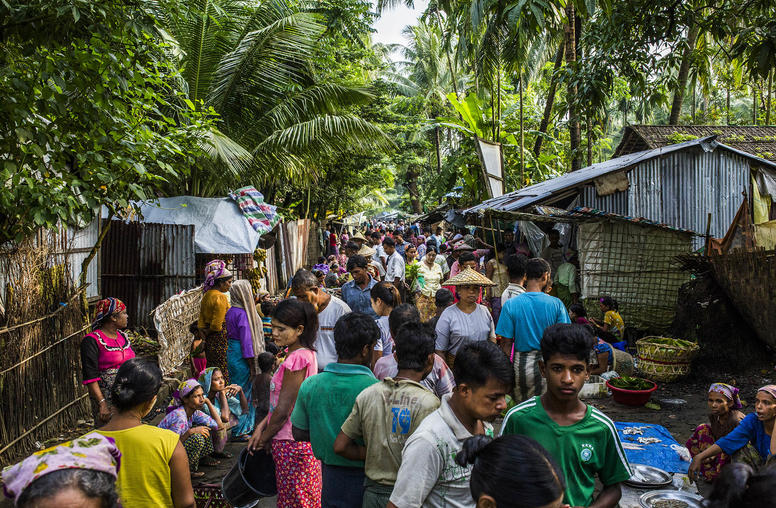
Myanmar’s Rakhine State: Parties Split, Rebels Rise, and the Junta Schemes
Myanmar’s military regime has a plan for trying to establish its governing legitimacy next year: In August of 2023, the dictatorship, which overthrew a democratically elected government in early 2021, intends to hold sham elections. A critical piece of this strategy involves maneuvering Myanmar’s welter of small ethnic parties into taking part in the electoral process. Nowhere are the risks and uncertainties inherent in the generals’ plan more evident than in poor but economically strategic Rakhine State on Myanmar’s western border with Bangladesh and India.
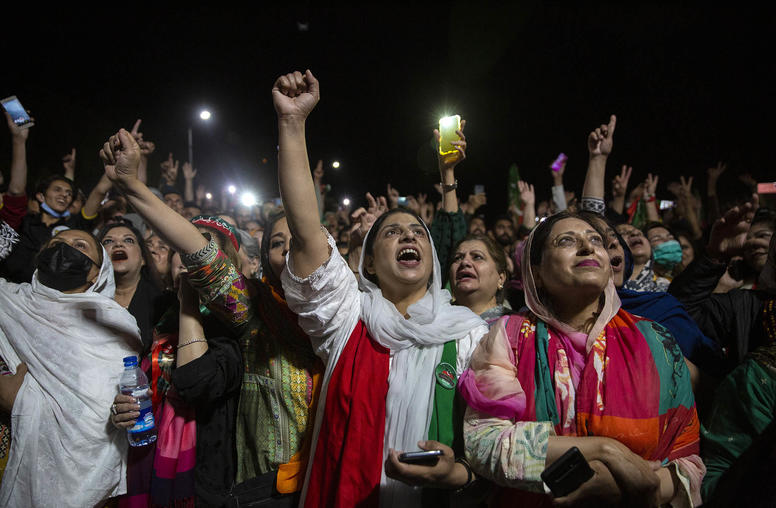
Pakistan’s New Government Struggles to Consolidate Control
Pakistan’s current government, an unwieldy multi-party coalition led by Prime Minister Shehbaz Sharif of the Pakistan Muslim League Nawaz (PML-N) party, faced a new setback in July after losses in mid-month special elections for 20 constituencies in the country’s heartland province of Punjab. Although the PML-N coalition attempted to retain control of the provincial government through manuevers in the provincial assembly, a Supreme Court ruling on July 26 overturned earlier precedent and ordered the election of Chaudhry Pervaiz Elahi, an ally of former Prime Minister Imran Khan, to the position of chief minister.
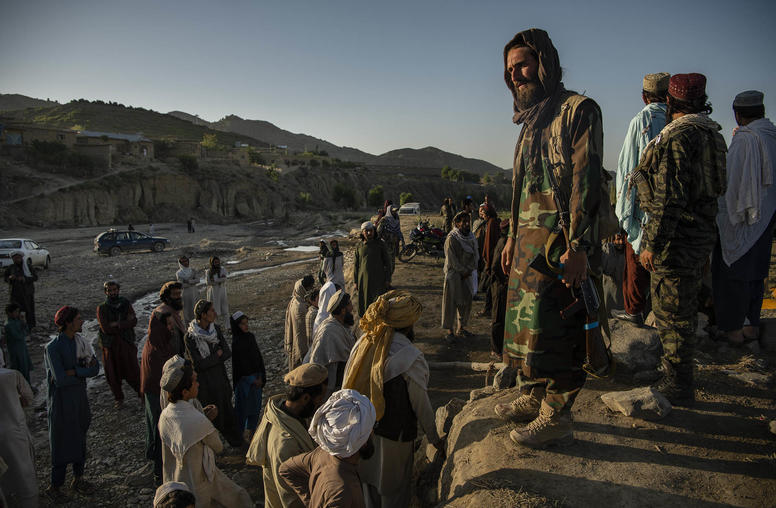
One Year Later, Taliban Unable to Reverse Afghanistan’s Economic Decline
Afghanistan’s economy was already deteriorating before the Taliban takeover of the country on August 15, 2021, suffering from severe drought, the COVID-19 pandemic, declining confidence in the previous government, falling international military spending as U.S. and other foreign troops left, human and capital flight, and Taliban advances on the battlefield. Then came the abrupt cutoff of civilian and security aid (more than $8 billion per year, equivalent to 40% of Afghanistan’s GDP) immediately after the Taliban takeover. No country in the world could have absorbed such an enormous economic shock — exacerbated by sanctions, the freezing of Afghanistan’s foreign exchange reserves and foreign banks’ reluctance to do business with the country.
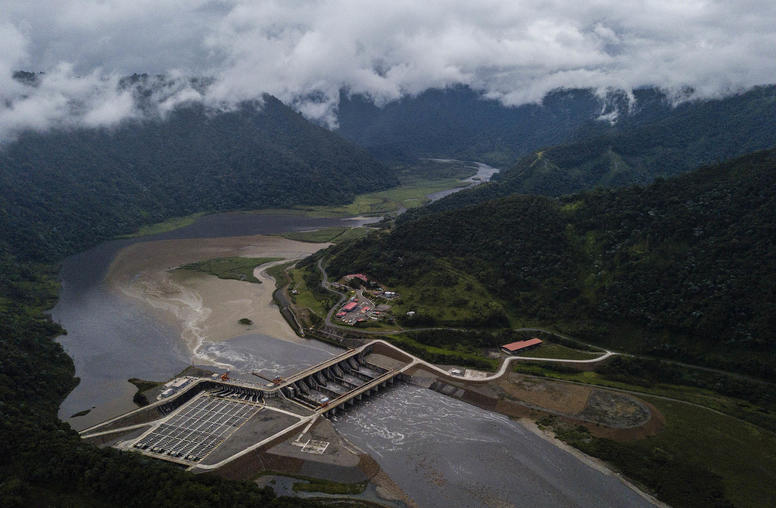
China’s Engagement in Latin America: Views from the Region
China’s economic and political engagement in Latin America grew significantly in the first part of the 21st century. And yet, Latin American reporting on China has not grown apace. Too few Latin American journalists cover Chinese activities in the region and even fewer foreign correspondents from Latin America report on developments in China. This knowledge gap means journalists struggle to provide proper context for major trade and investment deals and are unprepared to investigate when scandals erupt. Latin American media outlets often lack the capacity or resources to cover foreign affairs in general, much less the geo-political repercussions of China-Latin American relations.
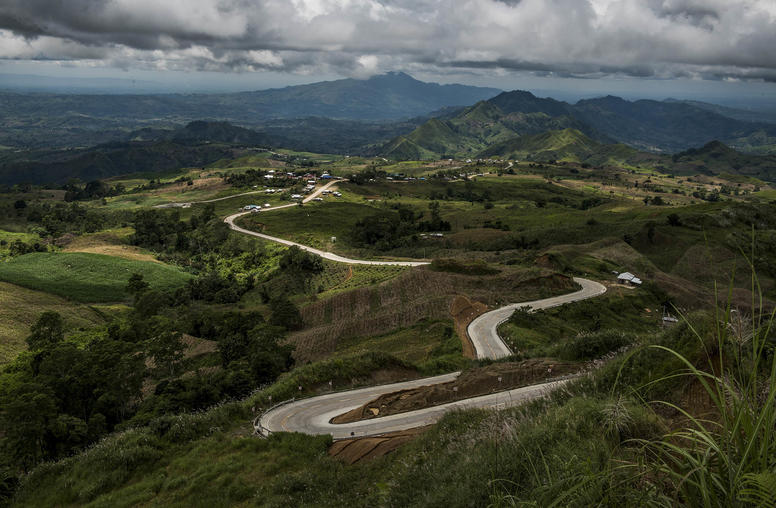
Philippines: Seizing the Opportunity Offered by the Bangsamoro Transition Extension
On October 28, 2021, Rodrigo Duterte, then president of the Philippines, signed into law a three-year extension of the transition period of the Bangsamoro Autonomous Region of Muslim Mindanao. The region’s first parliamentary elections are now scheduled for May 2025, alongside the national elections. In 2021, the Mindanao Peoples Caucus (MPC) actively campaigned for the extension of the transition period to provide more time for the Bangsamoro Transition Authority and the Philippine government to fully implement and deliver the commitments they made in the 2014 peace agreement between the national government and the Moro Islamic Liberation Front. The agreement grants greater political autonomy to the southern Mindanao region.
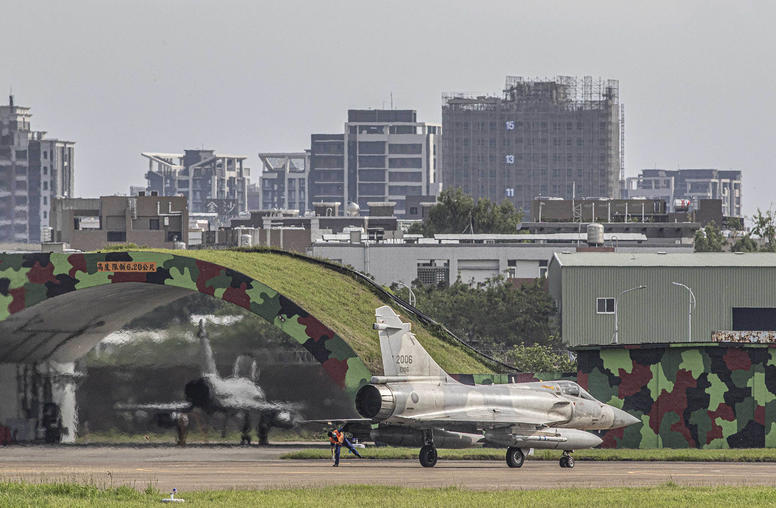
What Pelosi’s Trip to Taiwan Tells Us about U.S.-China Relations
This week witnessed the visit of the most senior elected American official to the island of Taiwan in a quarter century — a visit surrounded in controversy and unfolding against the backdrop of an increasingly fraught U.S.-China relationship.
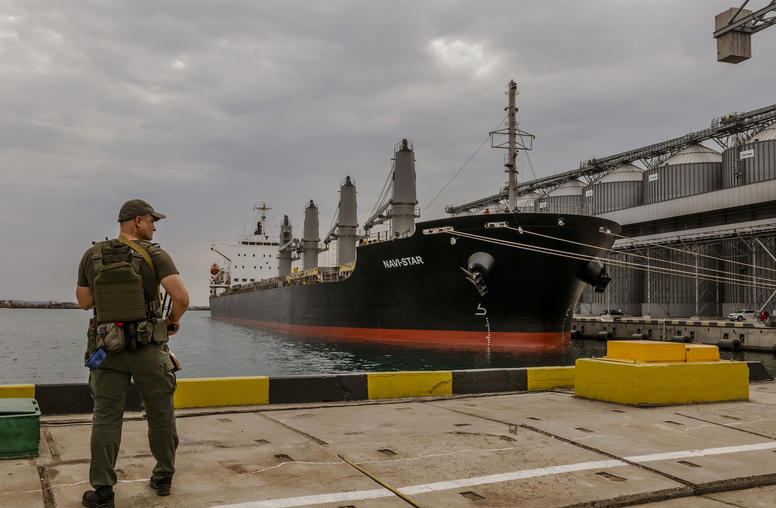
A Fragile Ukraine Grain Deal Raises Cautions on Talks with Putin
This week’s first exports of Ukrainian grain under a deal brokered by the United Nations and Turkey are a joyous headline for Ukraine and the many countries where the global surge in grain prices has caused food shortages. The deal could reduce prices if shipments accelerate, but it is vulnerable, as Russia signaled days ago by slamming missiles into Ukraine’s biggest seaport hours after formally agreeing to let that port ship its grain stocks. This fragile deal offers cautions for policymakers pondering eventual negotiations with Moscow to help end the Ukraine war and rebuild security in Europe.
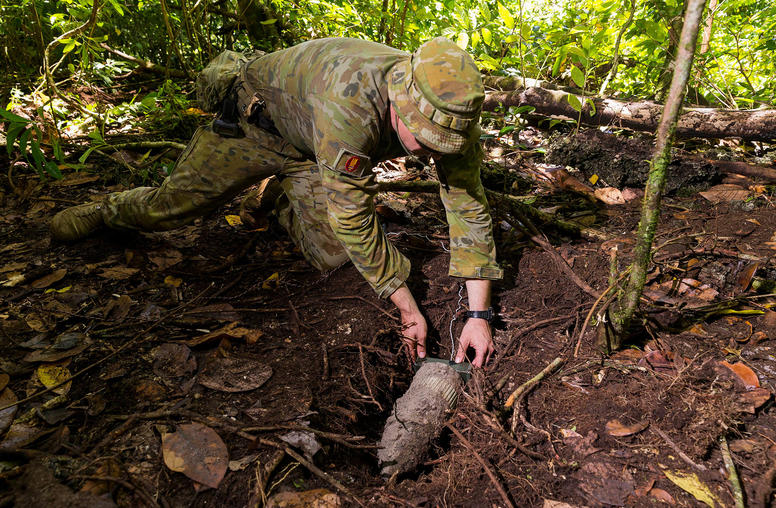
Solomon Islands: WWII Legacy Unresolved 80 Years After Guadalcanal Campaign
On August 7, the Solomon Islands will commemorate the 80th anniversary of the Guadalcanal campaign during a visit from U.S. Deputy Secretary of State Wendy Sherman and U.S. Ambassador to Australia Caroline Kennedy, whose fathers both fought there in World War II. As the United States and its partners look to strengthen their relationships with the Solomon Islands, addressing the enduring legacies of WWII — particularly the issue of unexploded ordnance — should be a renewed focus.
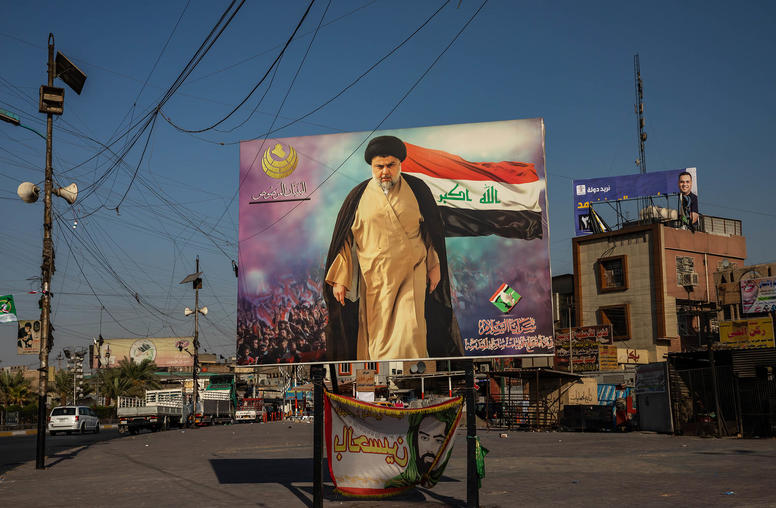
What’s Behind Moqtada al-Sadr’s Bid to Shake up Iraq’s Politics?
Over the weekend, followers of the powerful Iraqi Shia cleric Moqtada al-Sadr stormed and occupied Iraq’s parliament in protest over a rival bloc attempting to form a government. The move comes less than two months after al-Sadr’s bloc in parliament resigned after its failure to form a majoritarian government following its victory in the October 2021 elections. Nearly 10 months after those elections, there is still no new government and the stability of the country is at stake as this showdown between al-Sadr’s supporters and his political rivals continues to play out.
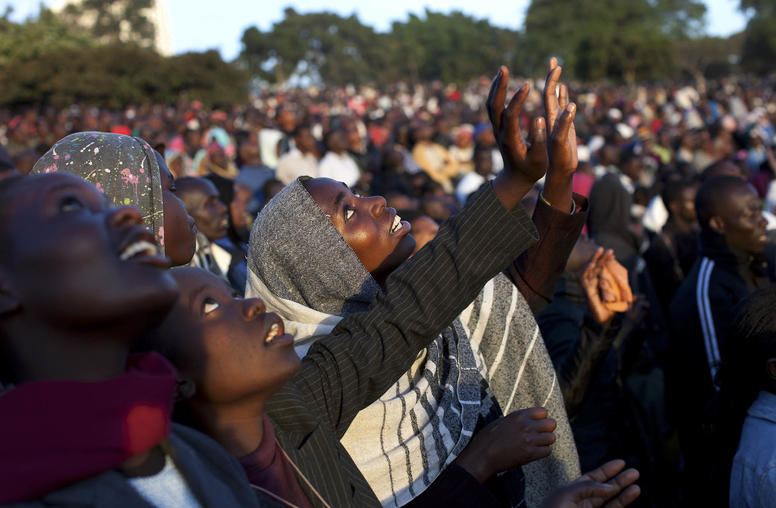
A Kenyan Peacebuilder Explains What’s at Stake in Her Country’s Elections
Kenyans head to the polls on August 9 to vote for president, members of the National Assembly and Senate, and County Leadership for the country’s 47 counties. Elections are an important moment for any country, but the stakes are particularly high ahead for Kenya of Tuesday’s polls. Election violence has been a major issue in previous elections, and there are fears that this vote could spur conflict. Kenya’s next government will face significant challenges. Like many countries in the region, Kenya is suffering from a severe drought, rising debt and inflation, with food prices soaring by 15 percent in the last year. With the largest economy in East Africa, Kenya’s stability is critical for the wider region.